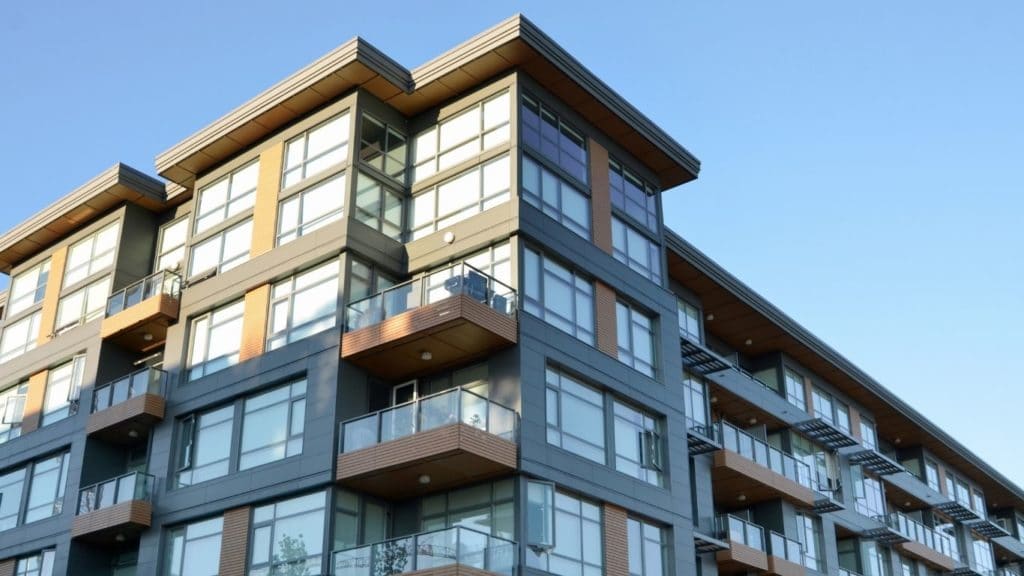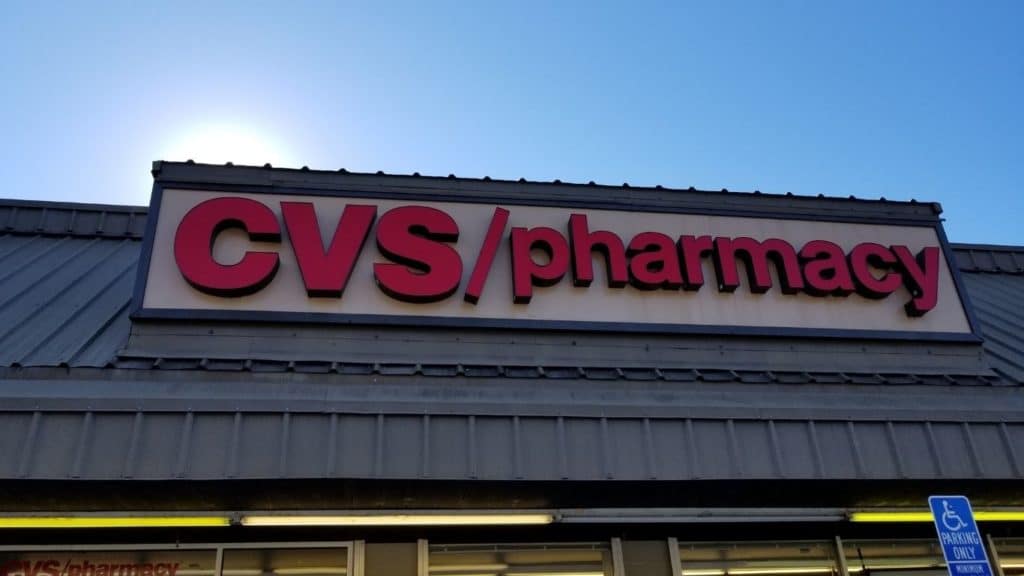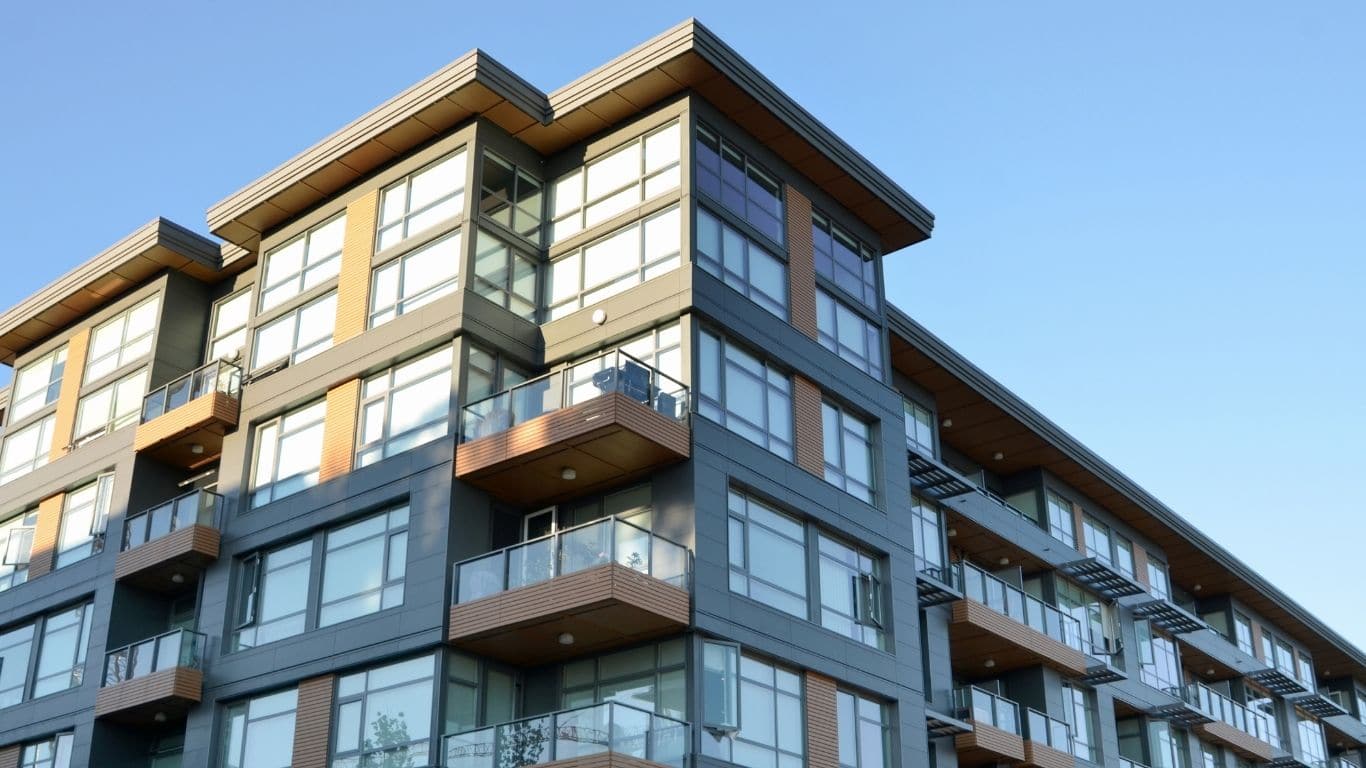On paper, a NNN lease might seem like a low-risk long-term investment. But like with any investment, paying attention to the details can mean the difference between profit and loss. This is especially true now more than ever in our ever-changing, fast-paced world.
In this article, we’ll discuss NNN leases and what makes it a good investment. We’ll also offer a case study (specifically CVS) in order to demonstrate how investing in a NNN lease can go wrong. Risk is built into any investment, but there are ways you can minimize these factors to set yourself up for greater success.

What is a NNN Lease?
The triple N acronym describing this particular lease stands for the following:
- Net of property taxes
- Net of maintenance
- Net of insurance
These types of leases describe a commercial property that’s often leased for years at a time. Most of the time, tenants are big-box stores that plan on taking up residence for a long period. After all, it’s hard to do business and keep your loyal customers if you keep relocating.
Why is a NNN Lease a Good Investment?
In terms of risk, NNN leases score lower than most investments. At the same time, that doesn’t mean they’re without risk completely. As long as you have the right tenant and right property, the risks are low enough to make a NNN lease an excellent source of passive income.
Another—and potentially the most attractive—reason NNN leases are low-risk lies in the relationship between landlord and tenant. In a typical landlord-tenant agreement, the tenant is responsible for upkeep and maintenance, along with taxes, insurance, and, of course, rent. This potentially makes NNN leases a great investment if everything goes well, but that is not always the case.
What Makes for a Good NNN Lease
As we mentioned, it’s important to choose the right tenant and right property when it comes to investing in a NNN lease. Passive income loses definition if you have to be constantly involved, so making a smart decision here could save you time, money, and headaches later on.
The right tenant, in this case, resembles a quality candidate with a strong balance sheet and a nationally recognizable name. High-quality credit tenants do the best.
Though the right tenant may look different in each circumstance, the right property certainly has similar qualities across the board. For instance, buildings that are newer may be more desirable, since the upkeep costs should theoretically be less. At the same time, new doesn’t always translate to quality, so be cautious.
The bottom line is that NNN leases are long-term investments. Most tenants will sign a 10 to 20-year lease. This makes NNN leases a powerful investment, even if inflation occurs. In most leases there will even be a provision built into the terms to help combat inflation.
How a NNN Lease Can Go Wrong
If you’ve kept an eye on the news recently, you’ll know that CVS plans to close roughly 900 stores over the next three years as they shift their focus away from their drug store facilities to a more health care based model. For landlords who hold the NNN leases for those particular stores, what began as a low-risk investment has now become a need to reinvest and, in some cases, recoup losses.
While CVS might be at the forefront of the public eye, it’s not alone in responding to the changing consumerism market. In fact, industry projections demonstrate “that if online shopping grows from 18% of retail sales today to 27% in five years, it projects that some 80,000 retail stores will close while others may arise.” Why keep the brick-and-mortar doors open if all your customers are purchasing from you online?
This pivot from drug store to healthcare facility also gained momentum with CVS’s acquisition of Aetna in 2018, alongside the possession of Caremark. With the pressure of online prescription drug retailers, CVS began shifting their business model and liquidating many of their brick and mortar locations.
For landlords, losing such a large tenant (and income source), meant that the search had to begin again to find a quality, long-term tenant. Oftentimes this is a tricky process and in the face of rapidly growing e-commerce, those tenants may not be as easy to find.

Choose the Right Investment
Here at TFS Properties, Inc., we foresaw the closing of CVS and Walgreens and thus, advised our clients accordingly. With an eye on the push to drive pharmacy business online, accelerated by the pandemic’s impact on sales, it was only a matter of time.
In general, we have steered our clients away from these types of investments and more towards industries that we find are more recession resilient. Changing ways in how consumers spend their money makes it hard to compete, especially where technology is involved. As such we put our investors into the types of investments that have proved their resilience during the previous recession as well as the pandemic. Owning a property with recession resilience is something every investor should integrate into their game plan.
We hope you’ve found this article helpful in differentiating between profitable NNN lease opportunities. There are many options out there and picking the right NNN Lease can mean the difference between making or losing money on your investment. For further questions, feel free to reach out to us at 626-551-4326.




